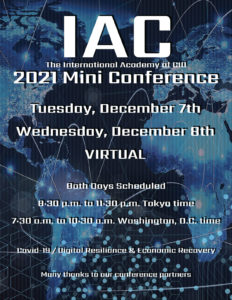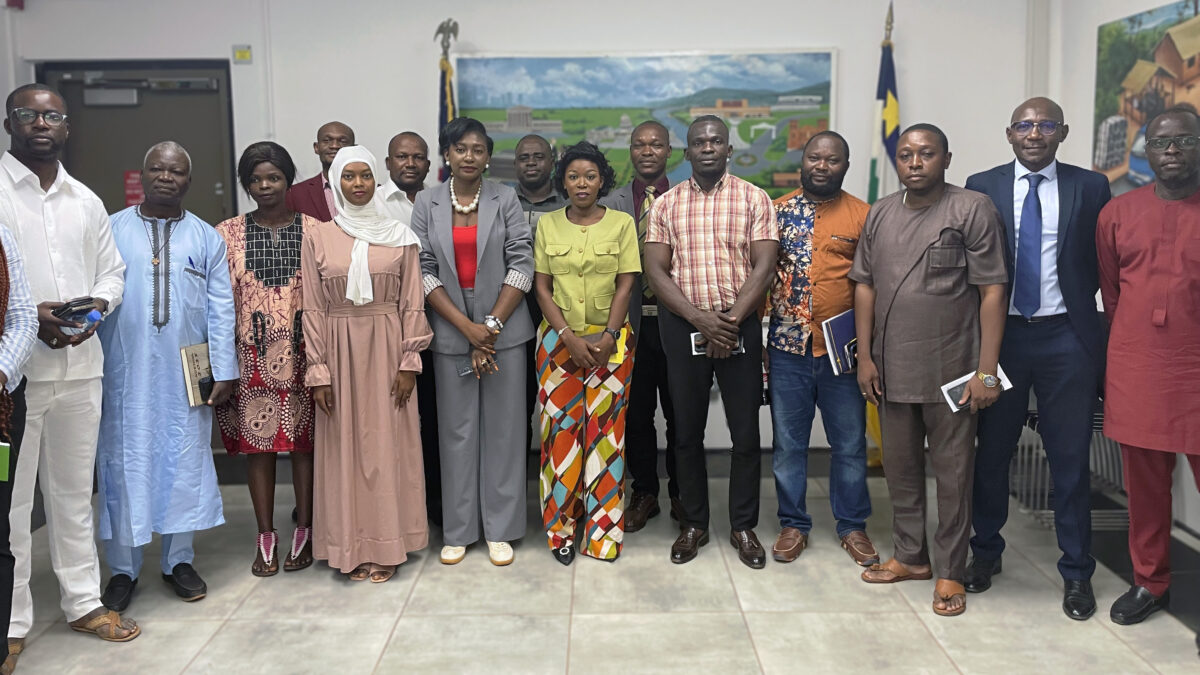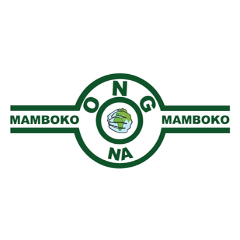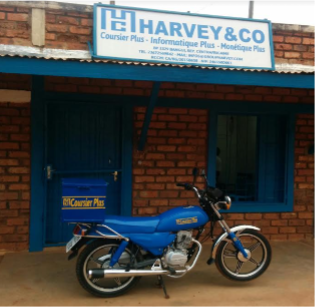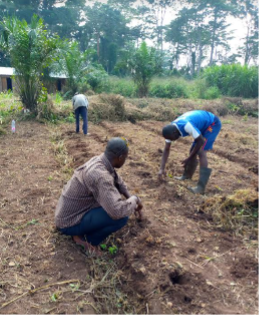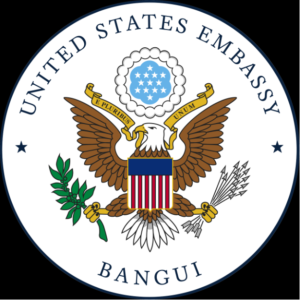January 17, 2023 / By John Hollis
George Mason University will expand its research and real-world impact in Northern Virginia with a pair of projects that were made possible by the efforts of U.S. Representative Gerry Connolly (D-VA) to address cybersecurity and mental health care needs.
Mason will receive $1 million in federal funding to support the creation a first-of-its-kind Mason Center for Excellence in Government Cybersecurity Risk Management and Resilience, and nearly $1 million for the Saving Lives and Decreasing Health Disparities project. Funding for both efforts came as part of the federal omnibus appropriations bill that President Biden recently signed into law to fund the government through Fiscal Year 2023.
Connolly, whose 11th District includes Fairfax, is a senior member of the House Oversight and Government Reform Committee and his party’s lead on the Subcommittee on Government Operations.
“George Mason University is a pillar of our community, but the effects of its world-class education and world-changing research can be felt throughout the country,” said Connolly.
The future Center for Excellence in Government Cybersecurity Risk Management and Resilience will act as a strategic partner in federal government cybersecurity and IT modernization efforts, translate state-of-the-art research on technology modernization and cybersecurity in federal practice, collate and disseminate best practices on federal government agency cybersecurity, and foster U.S. government cybersecurity organizational capacity.
The center will bring together experts in IT modernization, cybersecurity, and critical infrastructure systems to develop and provide in-person, hybrid, live virtual, and online executive education, tabletop exercises and workshops for federal government IT and cybersecurity executives and middle managers. In addition, the center will leverage Mason’s Institute for Digital Innovation, which integrates transdisciplinary centers and labs with deep interdisciplinary expertise across all facets of cybersecurity research, governance, policy, and education.
Amarda Shehu, associate vice president of research at the Institute for Digital Innovation, and professor of computer science with Mason’s College of Engineering and Computing, will operate the center along with J.P. Auffret, the director of research partnerships and grants initiatives in the School of Business and the director of the Center for Assurance Research and Engineering in the College of Engineering and Computing.
“This is further evidence of the value and depth of Mason’s research, programs, and outreach in cybersecurity,” said Ken Ball, dean of the College of Engineering and Computing. “This funding will help us strengthen our programs and generate new discoveries that will make our nation more secure.”
“We are exceptionally grateful to Congressman Connolly for championing the central importance of cybersecurity for the federal government,” added Shehu and Auffret. “We are excited to engage with federal IT and cyber executives to modernize and secure systems, and advance excellence.”
Mason has a 25-year history in government IT leadership and governance education, including as a founding partner in the U.S. Federal CIO University and as a founding partner in the International Academy of CIO. Mason’s partners include the Cybersecurity and Infrastructure Security Agency (CISA), the Commonwealth Cyber Initiative, the Commonwealth of Virginia state government, the West Virginia state government, Connected DMV, and others.
Andre Marshall, Mason’s vice president for research, innovation and economic impact, praised Connolly for his continued leadership in the areas of federal cybersecurity and IT modernization.
“I am so proud to have secured funding for the Mason Center for Excellence in Government Cybersecurity Risk Management and Resilience, the first of its kind, and I can’t wait to see the results in action,” he said.






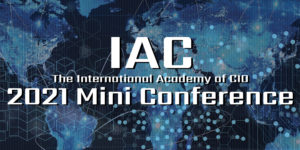


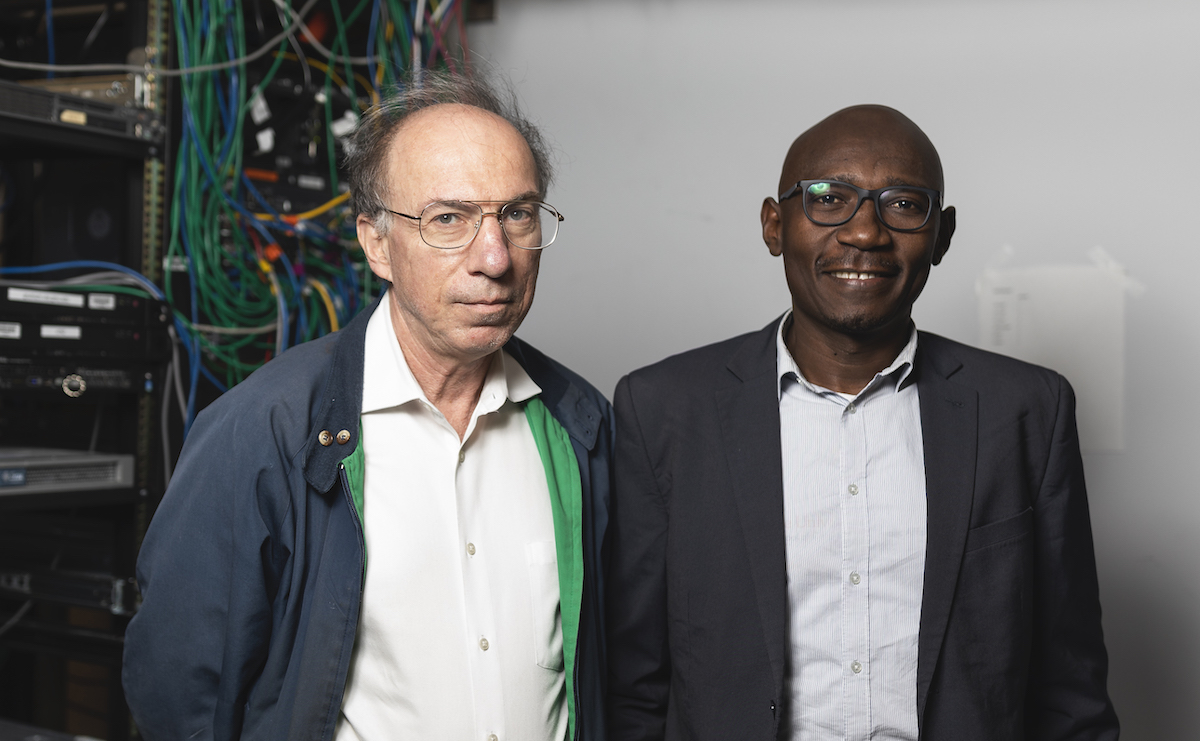
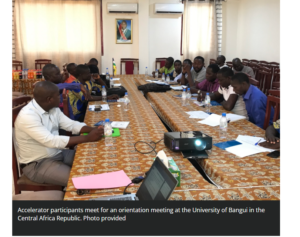

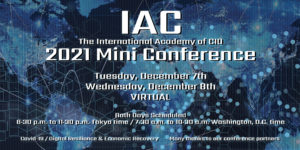 IAC 2021 Mini Conference “COVID-19, Digital Resilience and Economic Recovery in the Age of AI, Robotics and 5G”
IAC 2021 Mini Conference “COVID-19, Digital Resilience and Economic Recovery in the Age of AI, Robotics and 5G”